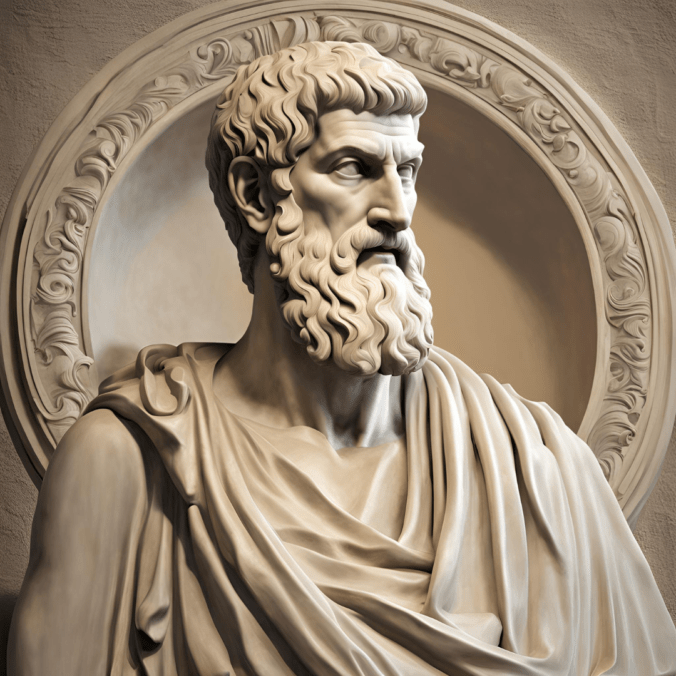After the 2016 and 2020 primary losses, many Bernie Sanders supporters argued that the DNC ‘rigged’ the primaries, costing the Bern the win.
The argument wasn’t a good one. DNC leaders certainly favored Hillary Clinton in 2016. And they certainly opposed Sanders in 2020, even if they weren’t necessary thrilled by Joe Biden. In 2016, in particular, there was even evidence that they put their thumb on the scales in certain ways.
As I’ve argued many times, though, the ‘rigged’ accusations amounted to excuse making from left and progressive electoralist camps. The biggest reason Sanders lost in 2016 and 2020 is that the left has been at a historical weak point for years. We haven’t yet done the base-building needed to become powerful enough for a credible presidential campaign.
But that’s not the point of this post. The point is that the DNC always manages to step on its own dick. Even when the things it does don’t really have a major impact, it always manages to look like it’s engaged in some kind of fuckery.



